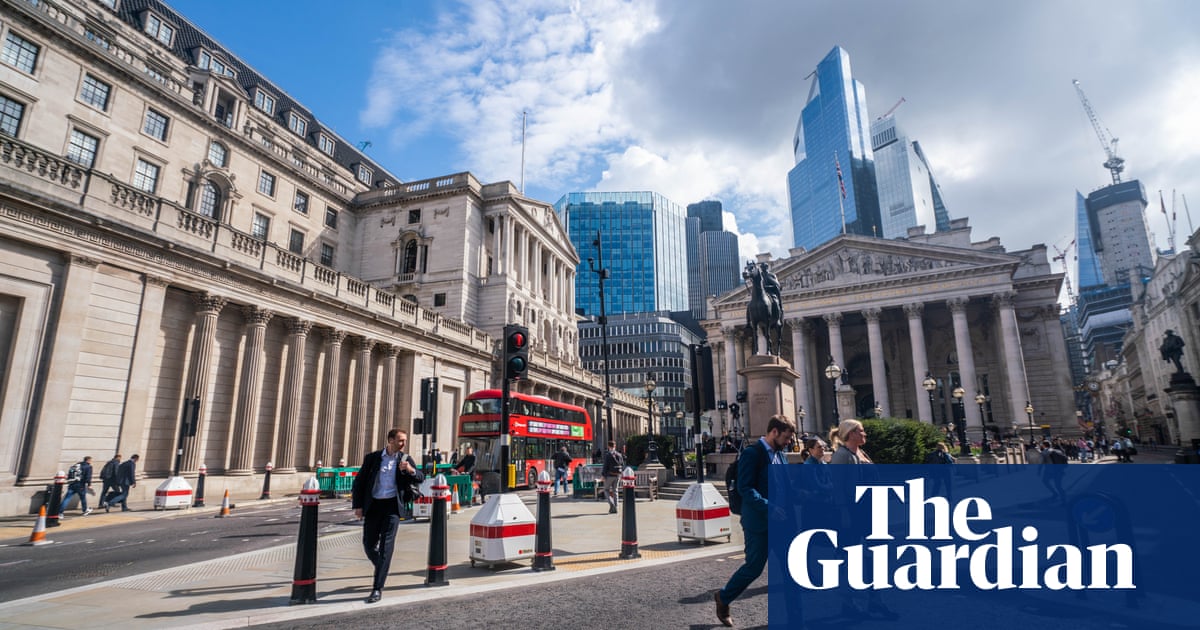
June 5 is World Environment Day and, as usual, a number of special discussions and events have been lined up to mark the occasion.
The theme for 2022 — set by Sweden, the official host of the event this year on behalf of the UN Environment Program — is Only One Earth, with the focus on “living sustainably in harmony with nature.” Tens of thousands of individual activities are scheduled to take place around the globe to raise awareness of the environment and the critical state in which it is, largely as a result of human greed and mindless activities.
Over the years, World Environment Day has come to be recognized as an important event globally and these days there is much greater awareness, especially among the young, about the critical importance, not only of conservation but also the restoration of the Earth and its environment. It has been pillaged for the past four centuries in an unprecedented manner and the rate of the damage has only been accelerating year after year.
The world is feeling the effects of this damage more frequently in the form of extreme weather events, including heatwaves, flash floods and droughts that seem to spare no part of the planet. As people, especially the young, increasingly feel these effects and fear for their futures, it is encouraging to see more of them, in large numbers, joining the crusade against global warming and climate change. And every year, the ages of the youngest activists seems to be getting lower.
In 2018, when 15-year-old Swedish student Greta Thunberg dropped out of school to protest against environmental degradation, she was by far the youngest person to speak up in public and take action to save the environment. Now, it is less surprising to see young people, even pre-teen children as young as seven or eight, speak out on this vital issue.
This increasing involvement of the younger generation is definitely very welcome and it shows heightened awareness of the issue. However, there is little that the young activists can do besides speak up and lobby on behalf of the environment and their generation, for they wield neither political nor economic power. This limits what they are able to achieve, at least for the next decade or two.
For politicians and business leaders around the world, the protection of the environment and reducing carbon emissions are simply PR exercises, or even just another platform from which they can seek to increase their power, whether electoral or monetary. Yes, it is a given that no company worth its salt, or no politician who cares about his future prospects, can dismiss climate change or global warming as hoaxes anymore, and so they all duly pay lip service to it.
Most indicators set 2030 as the cut-off year, if not the make-or-break year, for saving the planet.
Ranvir S. Nayar
This was evident during the recently concluded annual meeting of the World Economic Forum in Davos, where politicians and billionaires from around the globe spent hours “deliberating” on the state of the environment and thereafter issued resultant reams of press releases and public statements promising more and urgent action.
Yet it seems that what happens in Davos, stays in Davos. The same could be said of any other such environmental gathering, including the meetings of the UN Framework Convention on Climate Change. The statements and commitments are forgotten or ignored the moment those making them leave the event and return to their normal routines.
At long last, UN Secretary-General Antonio Guterres has started to speak out about the lies and falsehoods spread by business and political leaders about their commitment to climate issues; the facts on the ground are contrary to their statements and the data about the state of the environment grows more alarming with every successive report.
Take carbon emissions, for instance. There was a brief blip due to the lockdowns that were imposed around the world in 2020 in response to the COVID-19 pandemic, during which emissions declined. At that time there was a lot of talk about how, when the world began to pick up the pieces and normal life resumed, the post-pandemic era would experience a significant shift toward sustainable development and businesses would invest heavily in greener, cleaner facilities to continue the progress that began during the lockdown.
Yes, the lockdown-induced reduction in carbon emissions was an opportunity for the world to really begin to turn green — but neither the politicians nor the billionaire business leaders had the will, or even felt the need, to follow through on their commitments.
So it was little surprise that emissions bounced back significantly, and in fact to the highest-ever levels, in 2021. And given the current global situation, including high crude oil prices and the Russian invasion of Ukraine, the demand for coal has increased dramatically this year and is bound to set carbon emissions soaring to even higher levels than last year.
Carbon emissions are not the only problem. By every single count or parameter related to environmental protection, humans have failed and their failures are increasing. The amount of solid waste that is generated worldwide, currently about 11.2 billion tons a year according to the UNEP, continues to increase every year as consumption grows relentlessly. The story is similar in terms of plastic waste, water pollution, deforestation and everything else that adversely affects the environment.
Yes, the younger generation will be more empowered in the next couple of decades and, yes, they might then be in positions to change the direction, or at least the pace, of this unstoppable rush toward destruction. But most indicators set 2030 as the cut-off year, if not the make-or-break year, for saving the planet.
Therefore, if we wait for political and economic power to pass on to the next generation, it might be too late. But if the tens of millions, or even hundreds of millions, of concerned citizens of all ages were to get together and start a concerted and united effort to name, shame and even boycott the companies and politicians that are playing games with the environment, it might make a dent or slow the pace at which we are heading toward total destruction and earn the world some sort of reprieve.
Ranvir S. Nayar is managing editor of Media India Group.












